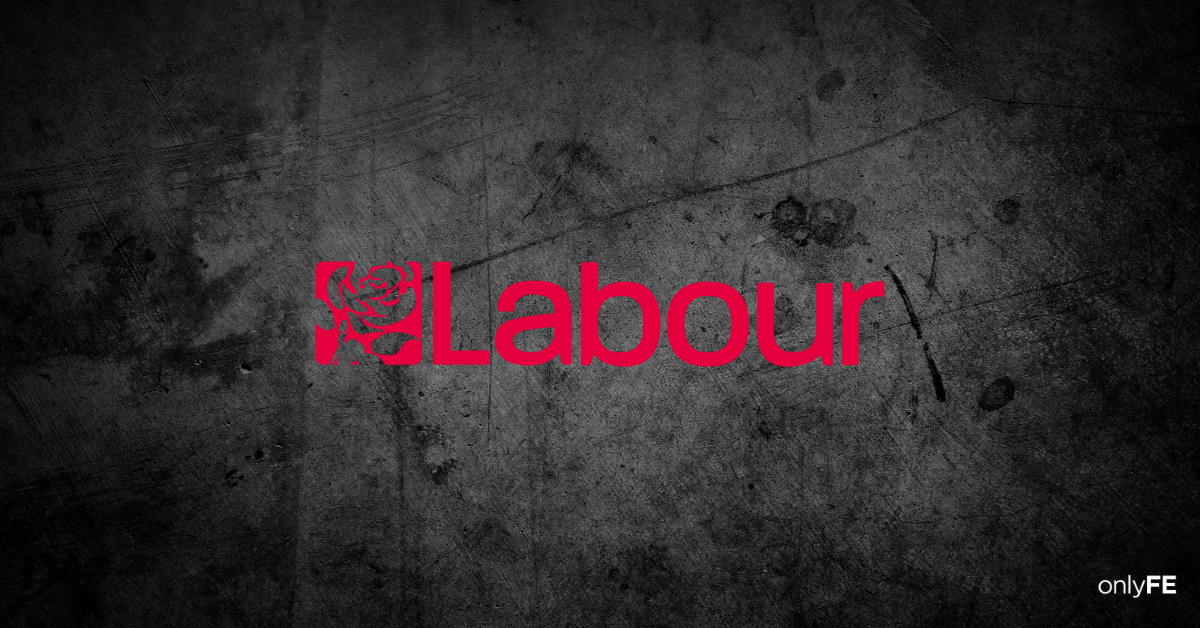9 JUL 2023
Starmer Proposes Education as the Key to Breaking the Class Ceiling
In a recent move that has sparked widespread discussions, Labour Party leader Sir Keir Starmer has unveiled his vision to shatter the class ceiling through education reform. In a speech delivered at a local college, Starmer emphasised the importance of ensuring equal opportunities for all students, regardless of their socio-economic background. With a strong focus on empowering individuals and tackling social inequality, Starmer's proposal has garnered both support and skepticism from various quarters.

The Need for Educational Equality:
Starmer began his address by highlighting the stark inequalities that exist within the education system. He stressed that one's family background should not determine their chances of success in life, urging for a transformative change in the way education is approached. Citing statistics on social mobility, he pointed out that students from disadvantaged backgrounds often face significant barriers in accessing quality education and securing well-paying jobs.
Transformative Measures:
To address these issues, Starmer outlined several transformative measures that he believes will help break the class ceiling. First and foremost, he called for increased investment in early years education, ensuring that every child has access to high-quality preschool education. He argued that investing in early education has long-term benefits in terms of narrowing the achievement gap and fostering social mobility. Additionally, Starmer stressed the importance of attracting and retaining highly qualified teachers. He proposed higher salaries for teachers, increased professional development opportunities, and measures to reduce teacher workload. By supporting and valuing educators, he hopes to enhance the quality of teaching and learning in schools across the country.
The Role of Further Education:
Recognising the significant role of FE colleges, Starmer advocated for increased funding and resources to these institutions. He emphasised the need to provide individuals with opportunities for lifelong learning, vocational training, and up-skilling, enabling them to adapt to the changing demands of the job market. Furthermore, Starmer proposed reforms to the university admissions process, aiming to make it fairer and more transparent. He suggested a contextual admissions system that takes into account applicants' backgrounds, challenges, and potential rather than relying solely on exam results. This approach seeks to level the playing field and ensure that talented students from disadvantaged backgrounds are not overlooked.
Reactions and Outlook:
Starmer's proposals have generated mixed reactions. Supporters applaud his commitment to addressing social inequalities and providing equal opportunities for all. They believe that investing in education is crucial for building a fairer society and breaking the class ceiling. However, skeptics express concerns about the feasibility and cost of implementing such reforms, questioning whether they can truly achieve the desired outcomes.
As the debate unfolds, it is clear that education's role in social mobility and addressing the class divide is a pressing concern. Starmer's vision aims to reshape the educational landscape, providing a pathway for individuals from all backgrounds to thrive and succeed. While the road ahead may be challenging, the proposal ignites hope for a more equitable future, where talent and potential triumph over social barriers, allowing everyone to reach their full potential.